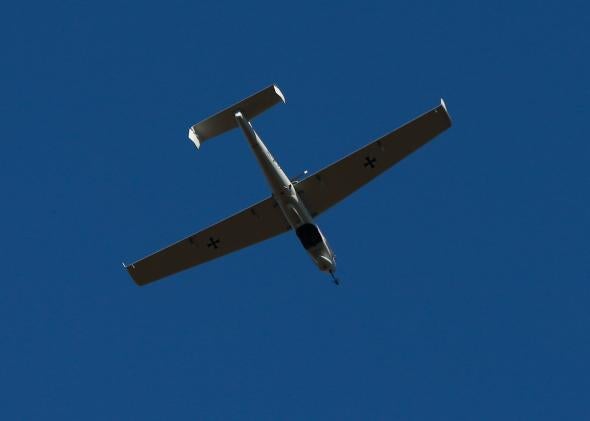Sara Sorcher of Defense One suggests that last weekend’s raids could mark a shift in the administration’s counterterrorism strategy:
The two raids this weekend, both with the unusual goal of capturing terrorists, may be a harbinger of a different style in Obama’s war on terror, which has largely centered on deploying drones to kill targets away from conventional battlefields. “We are going to see more of this,” says Rep. Adam Schiff, a senior member of the House Intelligence Committee. The surgical operations reflect the Obama administration’s “change in policy” to ensure there’s virtually no chance of civilian casualties when taking out extremists, the California Democrat says, and its desire to move away from a counterterrorism strategy reliant on drones toward one more focused on capturing, interrogating, and prosecuting suspects whenever possible—a strategy, as Schiff says, which “makes use of our proven capability of bringing to justice people who have committed acts of terrorism.” Even Republicans are taking note. “I think it’s encouraging that capture is back on the table,” says Rep. Mac Thornberry, who chairs the House Armed Services subcommittee that oversees counterterrorism programs.
This approach does minimize the risk of civilian casualties, and other reporting has suggested that this was the reason a drone strike was ruled out on the Somalia compound and that the Navy SEAL commander ruled out airstrikes while the operation was underway.
However, the approach is going to other controversial legal questions. The U.S. is currently holding Nazih Abdul-Hamed al-Ruqai, aka Abu Anas al-Libi, for interrogation in the brig of a Navy ship in the Mediterranean, following a similar procedure used on the Somali suspect Ahmed Abdulkadir Warsame in 2011. Warsame was interrogated by intelligence services, then turned over to civilian law enforcement for trial.
None of the information these subjects give up during their intelligence interrogations can be used at trial, but the interrogation may still violate the Geneva Convention that prohibits holding prisoners of war on “boats, rafts, or ‘pontoons.’” Then there’s the controversies surrounding the practice of snatching terrorist suspects on a foreign countries, which during the Bush administration led to the indictments of several CIA officers.
The administration may now be operation under more restrictive counterterrorism guidelines, but it may also be opening up the door for a fresh set of controversies over its practices.
And for what it’s worth, the administration doesn’t seem to have soured on drones entirely. A suspected U.S. strike hit a compound in North Waziristan just a little over a week ago.
